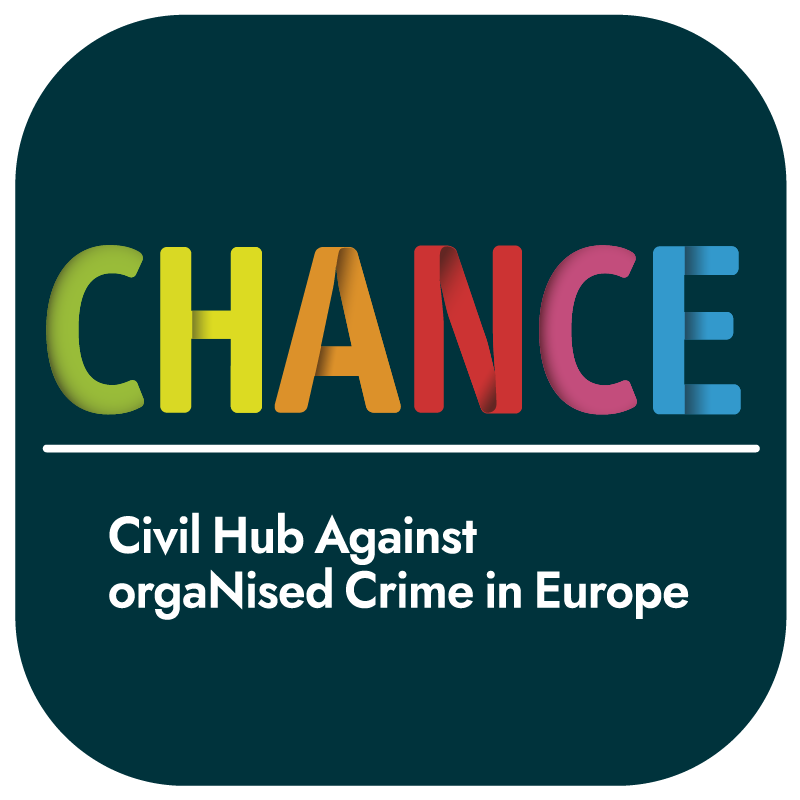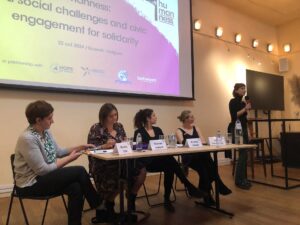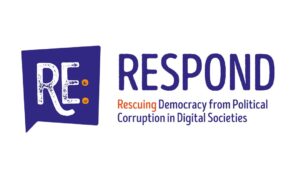Bulgaria, Italy and Spain face significant challenges in ensuring effective and safe protection for whistleblowers under their recent national laws adopted in 2024, transposing the EU Directive 2019/1937. Key issues include:
- Lack of clear guidelines on the information that must be provided to potential users of reporting systems (lack of transparency).
- General distrust by citizens and employees in internal and external reporting systems, stemming from a weak speak-up culture (lack of confidence).
- Insufficient knowledge and training for managers of reporting systems in both the public and private sectors (lack of knowledge and training).
- Poor cooperation and coordination among authorities, obligated parties, civil society, and other stakeholders (lack of cooperation).
- Recent adoption of national laws leading to common implementation challenges (lack of implementation).
The project “Open the whistle: Protecting whistleblowers through transparency, cooperation and Open Government strategies” (OPWHI) will address these challenges, contributing to create a safe environment for whistleblowers and ensure the proper functioning of whistleblowing systems in these countries.
The main objective of OPWHI is to create an environment that supports protected reporting of breaches of Union law and other infringements, promoting a culture where whistleblowers can safely speak up. This goal will be achieved by delivering capacity-building materials, training and campaigning to ensure a widespread EU whistleblowing protection policy based on a whistleblower-centred approach.
Operating within the framework of Open Government strategies, and through a cooperative approach involving Civil Society Organizations, academia, and authorities in Bulgaria, Italy and Spain, OPWHI will develop a holistic and inclusive approach founded on three pillars: Toolkits, Trainings, and Transparency.
Proposed activities
- Whistleblowing Integrity Toolkit: To provide a comprehensive toolkit ensuring adequate protection for whistleblowers. This toolkit will benefit CSOs and private organisations implementing the EU Directive on whistleblower protection, as well as national and regional authorities and public servants. The toolkit’s utility will extend beyond the three involved countries and can be used elsewhere.
- Advanced Trainings: To offer advanced training programmes, including a train-the-trainers approach, tailored for national and regional authorities, public servants, and private organisations involved in the EU Directive’s implementation. These trainings will promote knowledge and experience exchanges, helping authorities and organisations review, improve, and adapt their procedures to incorporate best practices.
- Whistleblowing Strategic Campaign: To increase public knowledge and understanding of national laws transposing the EU Directive, the existence of internal and external reporting channels, and the legal remedies and protections available in case of retaliation.
Results to achieve
- To shape a new whistleblower protection model based on Open Government and a collective cooperative approach between authorities, academia, and CSOs, providing all parties involved in the EU Directive’s implementation with necessary guidelines.
- To build the capacity of CSOs, national and regional authorities, public servants, and private organisations involved in implementing the EU Directive to ensure a widespread EU whistleblowing protection policy centred on the whistleblower. This will be achieved by providing tailored training and training materials on best practices and Open Government strategies.
- To promote and increase awareness among the general public and potential whistleblowers about existing reporting channels and procedures, as well as the rights provided under the EU Directive, fostering a cultural paradigm shift towards trust in whistleblower narratives.







